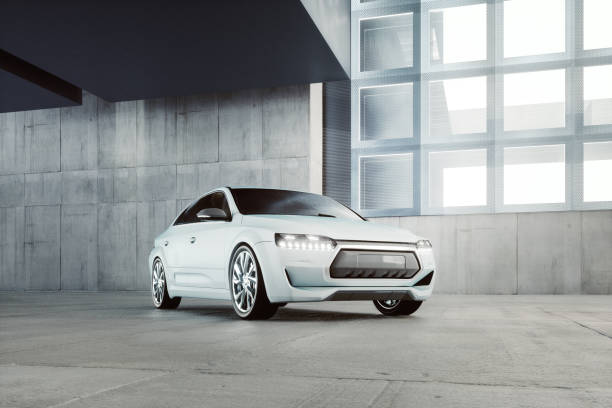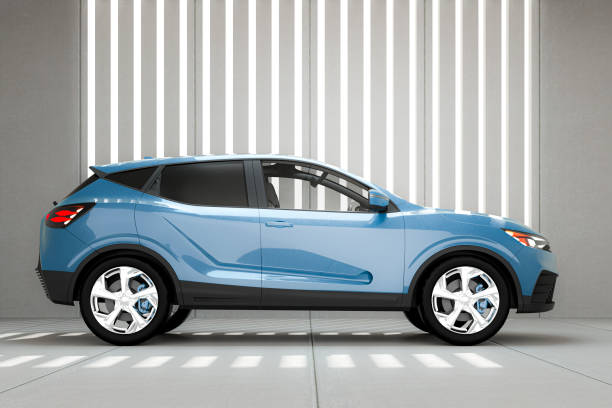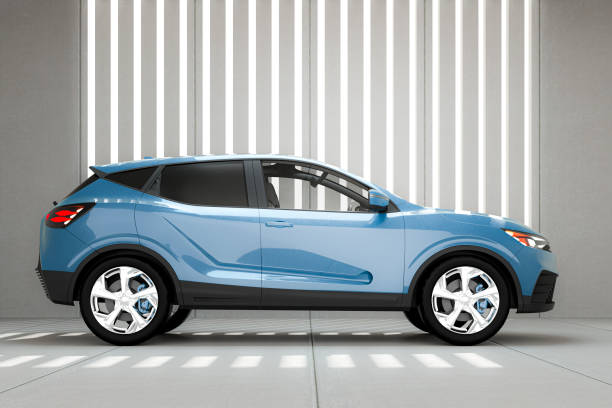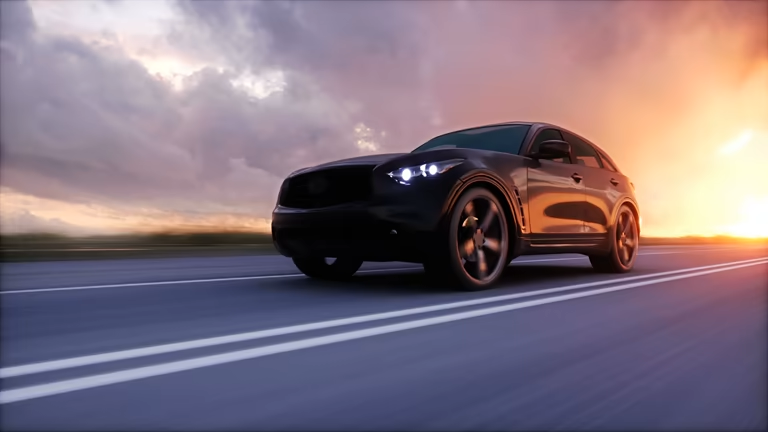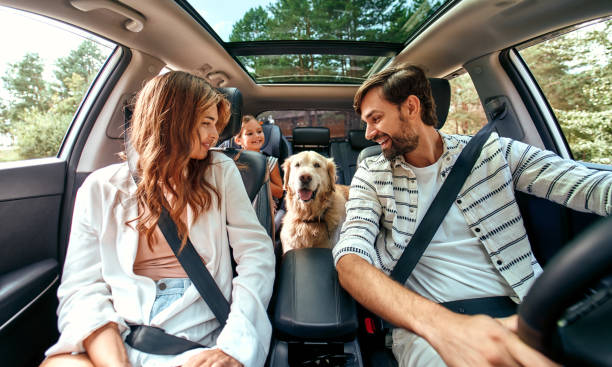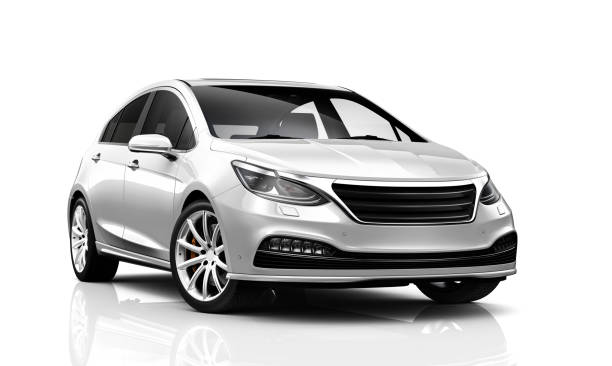Classic vs. Modern: Which Cars Stand the Test of Time?
The automotive world is divided between two passionate camps: those who adore the timeless charm of classic cars and those who embrace the cutting-edge technology of modern vehicles. Both have their merits, but which truly stands the test of time? Let’s explore the strengths and weaknesses of each to determine which reigns supreme.
The Allure of Classic Cars
1. Timeless Design & Craftsmanship
Classic cars (typically those built before the 1990s) are celebrated for their handcrafted details, elegant curves, and unique styling. Vehicles like the 1965 Ford Mustang, 1957 Chevrolet Bel Air, and Jaguar E-Type are rolling pieces of art, built with chrome accents, sweeping lines, and interiors rich with leather and metal.
2. Mechanical Simplicity
Older cars were built with straightforward mechanics, making them easier to repair for enthusiasts. Without complex electronics, many classic car owners can perform their own maintenance, fostering a deeper connection between driver and machine.
3. Emotional & Historical Value
Classic cars carry nostalgia, representing an era when driving was more about feel than efficiency. They evoke memories, symbolize cultural shifts, and often appreciate in value, making them prized collector’s items.
Downsides of Classic Cars
-
Lack of safety features (no airbags, ABS, or crumple zones)
-
Poor fuel efficiency
-
Higher maintenance costs (rare parts, rust issues)
The Advantages of Modern Cars
1. Advanced Technology & Safety
Modern vehicles come equipped with adaptive cruise control, lane-keeping assist, automatic emergency braking, and reinforced safety cages. Cars like the Tesla Model S or Volvo XC90 are among the safest ever made.
2. Superior Performance & Efficiency
Today’s engines are more powerful yet fuel-efficient, with turbocharging and hybrid/electric options. The Porsche 911 Turbo S or Toyota Prius demonstrate how modern engineering balances speed and sustainability.
3. Comfort & Convenience
From touchscreen infotainment to self-parking systems, modern cars prioritize comfort. Features like Apple CarPlay, heated seats, and adaptive suspension make daily driving effortless.
Downsides of Modern Cars
-
Over-reliance on electronics (difficult DIY repairs)
-
Less driver engagement (many cars feel numb due to automation)
-
Depreciation (most lose value quickly)
Which Stands the Test of Time?
Classic Cars Win on…
-
Emotional appeal – They’re irreplaceable symbols of history.
-
Investment potential – Well-maintained classics often appreciate.
-
Driving purity – Raw, unfiltered driving experiences.
Modern Cars Win on…
-
Safety & reliability – Far better for daily use.
-
Technology & efficiency – Essential for modern lifestyles.
-
Accessibility – Easier to own and maintain for most people.
The Verdict
If you value history, craftsmanship, and driving passion, classic cars are unbeatable. But if you prioritize safety, convenience, and innovation, modern cars are the clear choice.
Ultimately, the best car is the one that speaks to you—whether it’s a roaring ’69 Camaro or a sleek 2024 Audi RS6. Both eras have their legends, and both will continue to inspire car lovers for generations.
Which side are you on—Classic or Modern? Let us know in the comments!

